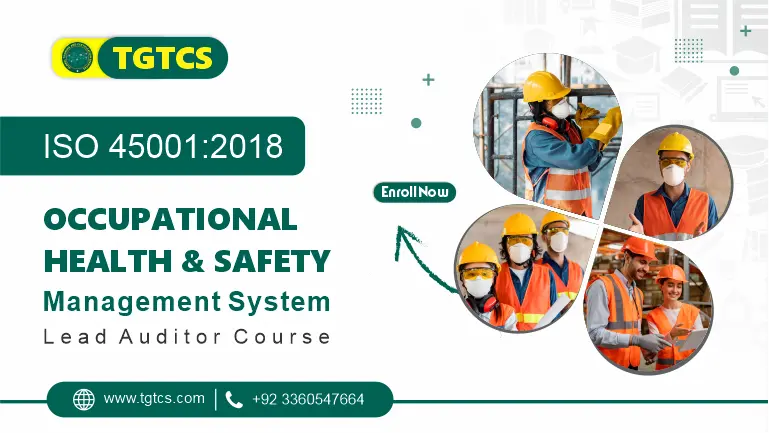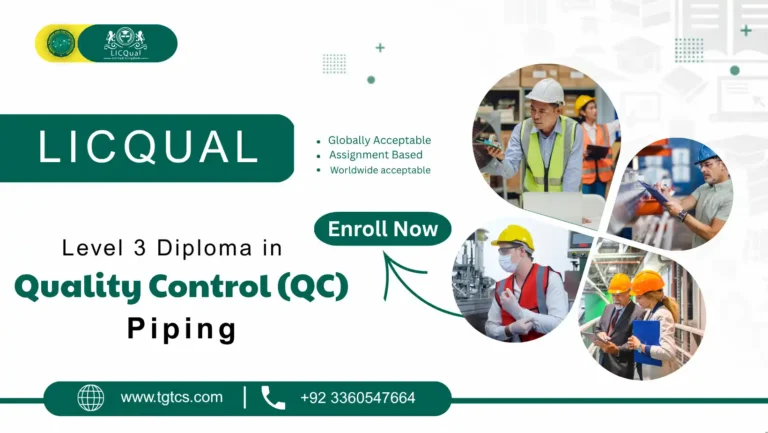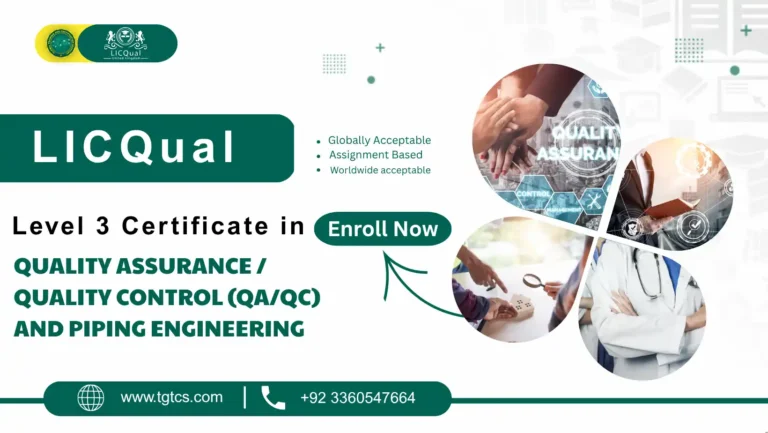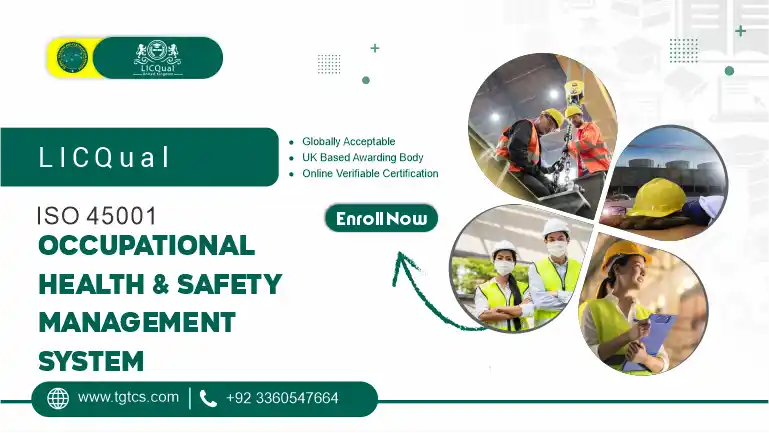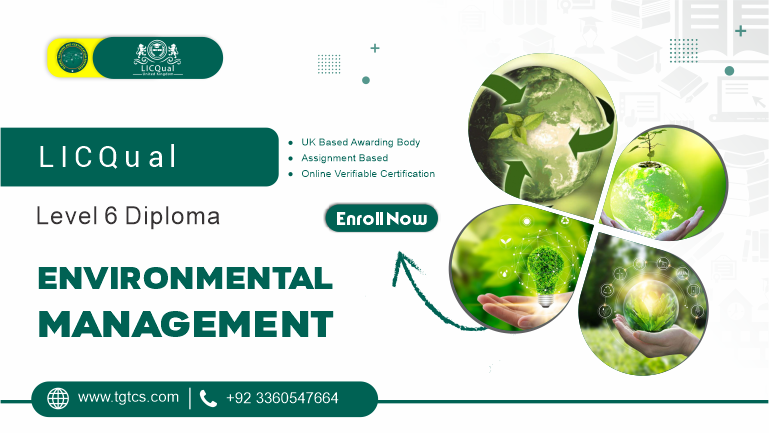ISO 45001:2018 Occupational Health and Safety Management Systems (OHSMS) Lead Auditor Course
Protect Your Employees and Business with ISO 45001
Looking to become a certified ISO 45001:2018 Occupational Health and Safety Management Systems (OHSMS) Lead Auditor? Look no further than our comprehensive training course!
Our ISO 45001:2018 Lead Auditor Training course is designed to provide you with the knowledge and skills necessary to become a proficient auditor and help your organization meet its occupational health and safety management goals. Our course is led by experienced instructors who will guide you through every step of the process, from planning and executing audits to reporting and follow-up activities.
By enrolling in our course, you’ll gain a thorough understanding of the ISO 45001:2018 standard and its requirements for occupational health and safety management systems. You’ll also learn how to effectively plan, conduct, and report on audits, as well as how to communicate your findings and recommendations to stakeholders.
Our course is perfect for anyone who wants to advance their career in occupational health and safety management or audit fields. Upon completion of our course, you’ll have the knowledge and skills necessary to lead successful audits and help your organization achieve its health and safety goals.
Don’t wait any longer to take the next step in your career. Contact us in our ISO 45001:2018 Lead Auditor Training course today and become a certified lead auditor in no time!
The ISO 45001:2018 Occupational Health and Safety Management Systems (OHSMS) Lead Auditor Course is a training program designed to provide individuals with the knowledge and skills necessary to audit occupational health and safety management systems in accordance with the ISO 45001:2018 standard. ISO 45001 is an international standard that specifies requirements for an occupational health and safety management system, providing a framework for organizations to manage and improve their occupational health and safety performance.
The Lead Auditor Course is particularly focused on developing professionals who can lead and conduct audits of occupational health and safety management systems effectively. The course typically covers the following key areas:
- Understanding ISO 45001:2018: Participants learn about the requirements and structure of the ISO 45001 standard, including its key principles and how it aligns with other management system standards.
- Audit Principles and Practices: The course provides a comprehensive understanding of audit principles and practices, including the planning, conducting, reporting, and follow-up of audits. This involves both theoretical concepts and practical applications.
- Roles and Responsibilities of a Lead Auditor: Participants are trained on the responsibilities and attributes required of a lead auditor. This includes leadership skills, communication techniques, and the ability to guide an audit team.
- Risk-Based Thinking: The course often emphasizes the importance of risk-based thinking in the context of occupational health and safety, helping auditors identify and assess risks within an organization.
- Audit Documentation and Reporting: Participants are instructed on the preparation of audit documentation, writing audit reports, and communicating findings effectively to relevant stakeholders.
- Continual Improvement: The course typically covers strategies for promoting continual improvement in occupational health and safety management systems, aligning with the principles of the ISO 45001 standard.
Upon successful completion of the ISO 45001 Lead Auditor Course, participants are usually equipped to plan, lead, and conduct audits of occupational health and safety management systems. This certification is valuable for individuals seeking to become lead auditors, as well as for organizations looking to ensure compliance with ISO 45001 and enhance their occupational health and safety performance.
The ISO 45001:2018 Occupational Health and Safety Management Systems (OHSMS) Lead Auditor Course are as follow:
- Comprehensive Understanding of ISO 45001:2018 Standards:
- Gain in-depth knowledge of the ISO 45001:2018 standard, including its principles, requirements, and application in occupational health and safety management systems.
- Auditing Skills Development:
- Acquire the skills necessary to plan, conduct, and manage OHSMS audits effectively, ensuring compliance with ISO 45001:2018 standards.
- Risk Assessment and Management:
- Learn how to identify, assess, and manage occupational health and safety risks within an organization, contributing to a safer working environment.
- Legal and Regulatory Compliance:
- Understand the legal and regulatory requirements related to occupational health and safety, helping organizations to align their practices with industry standards and statutory obligations.
- Continuous Improvement Initiatives:
- Gain insights into the principles of continuous improvement and learn how to implement corrective and preventive actions to enhance the effectiveness of OHSMS.
- Enhanced Leadership Skills:
- Develop leadership skills specific to occupational health and safety, enabling individuals to guide their organizations in establishing a strong safety culture.
- Increased Organizational Efficiency:
- Implementing ISO 45001:2018 principles can lead to increased efficiency in OHSMS processes, reducing accidents and incidents, and improving overall workplace performance.
- Global Recognition and Marketability:
- Attaining ISO 45001:2018 Lead Auditor certification enhances professional credentials, providing global recognition and making individuals more marketable in the field of occupational health and safety.
- Improved Communication and Reporting:
- Learn effective communication skills to convey audit findings, recommendations, and reports to stakeholders within an organization, facilitating transparent and efficient reporting.
- Cost Savings through Accident Reduction:
- Implementing ISO 45001:2018 can lead to a reduction in workplace accidents and incidents, resulting in potential cost savings related to medical expenses, compensation claims, and production downtime.
- Client and Stakeholder Confidence:
- Demonstrate a commitment to occupational health and safety to clients, customers, and other stakeholders, building confidence in the organization’s ability to provide a safe working environment.
- Benchmarking and Best Practices:
- Benchmark against industry best practices and international standards, allowing organizations to align themselves with global leaders in occupational health and safety management.
In conclusion, the ISO 45001:2018 Occupational Health and Safety Management Systems (OHSMS) Lead Auditor Course offers a holistic approach to understanding, implementing, and auditing occupational health and safety practices, providing participants with the tools and knowledge needed to contribute to a safer and more efficient work environment.
Learning outcomes for an ISO 45001:2018 Occupational Health and Safety Management Systems (OHSMS) Lead Auditor Course are as follow :
- Understand the ISO 45001:2018 Standard:
- Define the key principles, concepts, and requirements of ISO 45001:2018.
- Interpret the structure of the standard and its alignment with other management system standards.
- Audit Principles and Practices:
- Apply fundamental auditing principles, techniques, and practices in the context of occupational health and safety management systems.
- Demonstrate an understanding of the audit life cycle, from initiation to follow-up.
- Audit Planning and Preparation:
- Develop an effective audit plan considering the scope, objectives, and criteria of the audit.
- Establish audit objectives, criteria, and scope based on ISO 45001:2018 requirements.
- Risk-Based Thinking:
- Apply risk-based thinking in the context of auditing OHSMS.
- Identify and assess risks and opportunities related to occupational health and safety.
- Audit Team Leadership:
- Demonstrate leadership skills in managing and leading an audit team.
- Foster effective communication and collaboration within the audit team.
- Documenting and Reporting:
- Create clear and concise audit documentation, including audit checklists, findings, and reports.
- Communicate audit results in a manner that facilitates corrective actions and improvement.
- Legal and Regulatory Compliance:
- Understand and apply knowledge of relevant occupational health and safety legal and regulatory requirements.
- Evaluate an organization’s compliance with applicable legal and regulatory obligations.
- Continuous Improvement:
- Assess the effectiveness of an organization’s occupational health and safety management system in promoting continuous improvement.
- Provide recommendations for enhancing the effectiveness of the OHSMS.
- Ethics and Professionalism:
- Adhere to ethical principles and professional conduct during the audit process.
- Uphold the integrity and impartiality of the audit process.
- Effective Communication Skills:
- Demonstrate effective communication skills when interacting with auditees and other stakeholders.
- Convey audit findings and recommendations clearly and diplomatically.
- Practical Application:
- Apply the learned concepts through practical audit scenarios and case studies.
- Engage in hands-on activities to simulate real-world audit situations.
These learning outcomes are designed to equip participants with the knowledge and skills necessary to lead and conduct effective audits of occupational health and safety management systems in accordance with ISO 45001:2018.
The ideal learner for the “ISO 45001:2018 Occupational Health and Safety Management Systems (OHSMS) Lead Auditor Course” is an individual with a strong background and interest in occupational health and safety. This course is designed for professionals who aim to enhance their skills and knowledge in auditing and managing health and safety systems within an organization.
- Educational Background:
- The learner should ideally have a foundational understanding of occupational health and safety principles.
- A background in a related field such as industrial safety, environmental science, or occupational health would be beneficial.
- Professional Experience:
- The ideal candidate should have practical experience in occupational health and safety roles, demonstrating a commitment to workplace safety.
- Professionals currently working in auditing, quality management, or roles involving compliance will find this course particularly relevant.
- Managerial or Supervisory Role:
- Individuals in managerial or supervisory positions responsible for implementing and maintaining health and safety management systems are well-suited for this course.
- Those aspiring to take on leadership roles in health and safety within their organizations can benefit significantly.
- Regulatory Compliance Professionals:
- Compliance officers or professionals responsible for ensuring adherence to health and safety regulations will find the course instrumental in advancing their skills.
- Individuals seeking to stay current with industry standards and regulatory requirements will benefit from the comprehensive content.
- Quality Management Professionals:
- Quality managers or professionals with experience in ISO standards, particularly those related to health and safety, can leverage their existing knowledge to excel in this course.
- Individuals familiar with ISO 9001 or ISO 14001 standards will find it easier to grasp the concepts of ISO 45001.
- Effective Communication Skills:
- The ideal learner should possess strong communication skills as auditing involves interaction with various stakeholders within an organization.
- The ability to communicate effectively and document audit findings is crucial for success in this role.
- Analytical and Critical Thinking:
- A strong analytical mindset and critical thinking skills are essential for evaluating the effectiveness of health and safety management systems.
- The learner should be capable of identifying potential risks and proposing practical solutions.
- Commitment to Continuous Improvement:
- An ideal candidate is someone who is committed to continuous improvement in occupational health and safety practices within their organization.
- The course emphasizes a proactive approach to identifying and addressing potential hazards.
- Openness to Learning:
- The learner should have a genuine interest in staying updated on industry best practices and a willingness to embrace new concepts and methodologies.
By possessing these qualities, the ideal learner for the ISO 45001:2018 Lead Auditor Course will not only excel in understanding the intricacies of occupational health and safety management systems but also contribute significantly to enhancing workplace safety within their organization.
Mandatory Unit
- Introduction to OHSMS and ISO 45001
- Principles of OHSMS auditing
- Planning an OHSMS audit
- Conducting an OHSMS audit
- Reporting and follow-up of OHSMS audits
- Leading an OHSMS audit team
Course Overview
Duration
5 Days Online Training
Awarding Body
LICQual
ACS-GP
IPQI
CQI-IRCA
